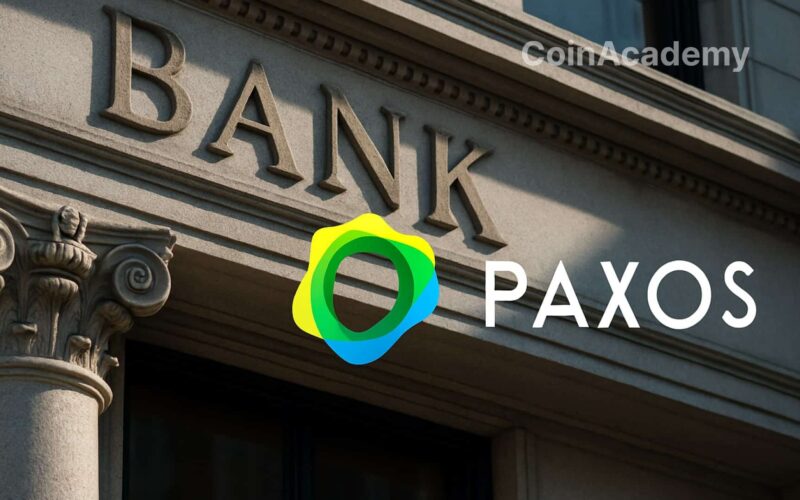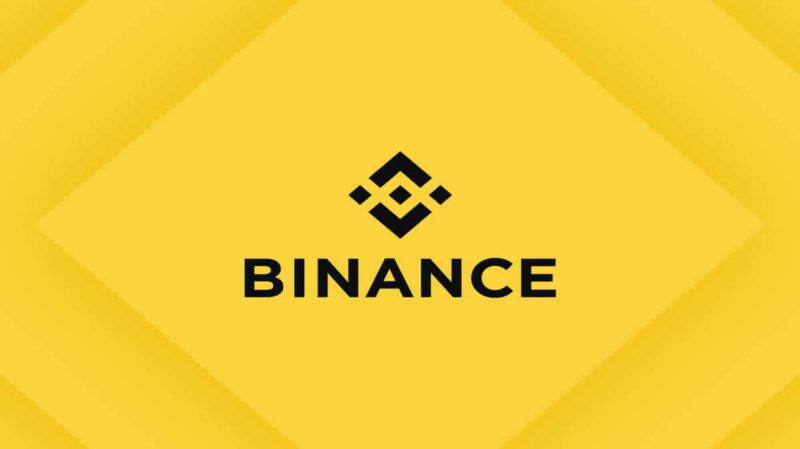Paxos, issuer of PayPal USD and Pax Dollar, seeks to transform its New York trust charter into a national banking license to operate in all states and enhance its institutional credibility.
This move comes amidst a race among crypto giants, with Ripple and Circle also vying, against a backdrop of a favorable regulatory framework thanks to the GENIUS Act championed by the Trump administration.
Securing this license would allow Paxos to establish itself as a major crypto banking player, securing its operations and gaining a competitive edge in the rapidly expanding stablecoin market.
Paxos, the Stablecoin Issuer, Aims to Obtain a Banking License
Paxos, the issuer behind the PayPal USD (PYUSD) and the Pax Dollar (USDP), has just announced its ambition: to obtain a national banking charter from the Office of the Comptroller of the Currency (OCC), the U.S. federal banking authority. The goal is to transition from a state-regulated trust to federal oversight, a step up in terms of scope and recognition.
This is not a solitary move. Ripple and Circle, two other giants within the ecosystem, have also filed their applications in recent months. The race to become the first “crypto bank” is on, and Paxos wants to secure a prominent place in the regulated landscape taking shape in the United States.
Why This License Changes Everything
A national banking charter is not just an administrative stamp. For Paxos, it is the key to operating in all states without navigating conflicting local regulations. It would also enhance its credibility with institutions, regulators… and end customers.
CEO and Co-founder Charles Cascarilla put it succinctly:
We want to offer businesses and consumers the safest and most reliable infrastructure possible.
In a market where trust has become scarce, every security guarantee matters.
Political and Legislative Favorable Context
This race for licenses occurs in a rather welcoming political climate for crypto. The Trump administration, back in power, pushed the GENIUS Act, a law that establishes a clear regulatory framework for stablecoins. As a result, major players rush to obtain a federal approval that will open all doors for them.
For Paxos, this move also comes at the right time to turn the page on an embarrassing episode. The company recently settled a dispute with the New York regulator (NYDFS) over its past partnership with Binance on the BUSD stablecoin. Failures in anti-money laundering and regulatory diligence were pointed out… but, according to Paxos, everything has been corrected for a long time.
The Stablecoin Market, a New Banking El Dorado
With this application, Paxos positions itself to play in the same field as traditional banking players, while retaining its crypto DNA. Stablecoins are now a pillar of the blockchain economy: payment methods, DeFi collateral, or financial rails for businesses.
By obtaining a national banking license, Paxos could accelerate the development of its partnerships, secure its operations on a large scale, and, above all, differentiate itself in a market where regulation becomes a competitive advantage.
A Strong Signal for the Industry
Three major players in the crypto space, Paxos, Ripple, Circle, who, in a matter of months, target the same regulatory grail: it is a clear signal that the boundary between traditional finance and crypto is narrowing. If the OCC gives the green light, we could see the emergence of a new generation of banks… built from the ground up on the blockchain.
The real question is simple: who will secure their license first, and how quickly will this redefine the rules of the game for the stablecoin market?




